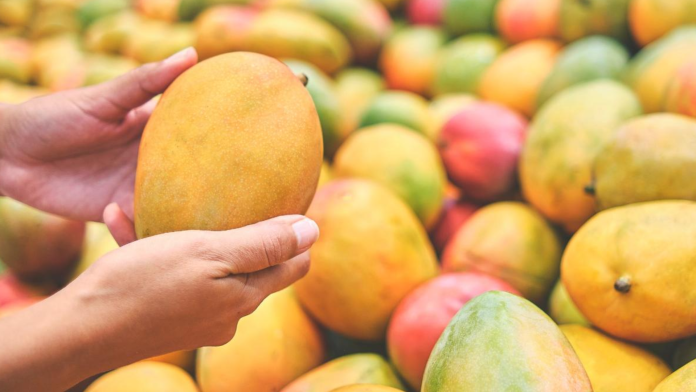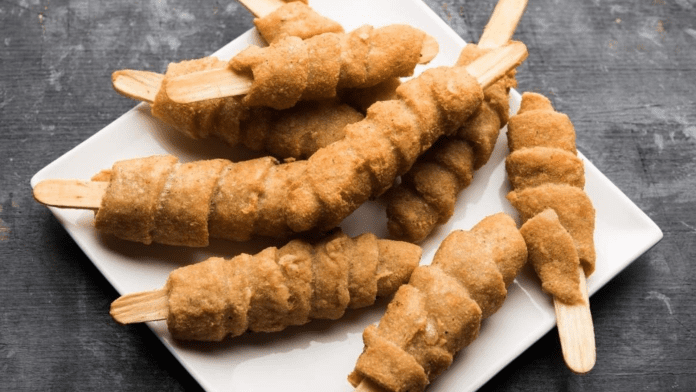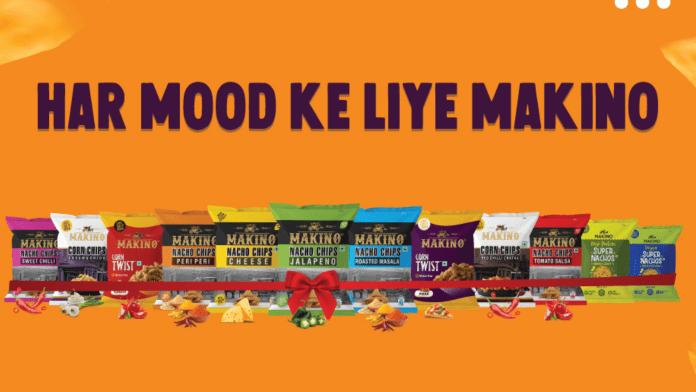As the days get warmer and longer, the arrival of mangoes is a welcome sign of the season. With their vibrant colors and fragrant aroma, mangoes have a way of tempting even the most resistant taste buds.
From the first bite, you can feel the burst of flavor and sweet nectar oozing out, filling your mouth with a tropical sensation that transports you to a paradise island. The soft, velvety flesh of a ripe mango slides off the seed effortlessly, making it an effortless treat that can be enjoyed by all.
There’s something special about the arrival of mangoes in the summertime. Perhaps it’s the memory of childhood summers, when we would eagerly wait for the fruit to ripen, or the way that mangoes seem to perfectly capture the essence of the season.
Everyone loves one thing about summer, and that is mangoes. Whether eaten fresh, blended into smoothies or juices, or incorporated into a delicious dessert, mangoes are a true gift of summer. So go ahead, take a bite of this delicious fruit, close your eyes, and let the sweet, juicy flavors take you on a tropical journey to a world of pure delight.
Mangoes are a quintessential fruit of summer, and for good reason! Not only are they incredibly delicious, but they also offer a wide range of health benefits that make them the perfect addition to your summer diet.
And for mango lovers, India is a paradise! With almost each area having its own native mango variant, India has a variety of mangoes across the country, making it a heaven for people who love mangoes, so here are the top 7 mango varieties that are loved most by Indians and you must definitely try this summer, in case you haven’t!
- Alphonso Mango:
Alphonso mangoes are known for their rich and creamy texture, with a sweet and aromatic flavor that is often described as a blend of honey and apricot. The flesh is tender and juicy, with a bright golden color that is sure to brighten up any plate or bowl.
- Banganapalli:
Banganapalli mangoes are another popular variety, with a juicy and fibrous flesh that is both sweet and tangy. The flavor is often described as a combination of sweet and sour, with hints of citrus and honey.
- Langra Mango:
Langra is a small-sized variety with a sweet and tangy flavor, often described as having a hint of tartness that is perfectly balanced by the sweet flesh. The texture is firm and fibrous, with a pleasant aroma that is sure to tantalize the senses.
- Chaunsa:
Chaunsa mangoes are a favorite in South Asia, known for their juicy and sweet flesh that is often described as having a honey-like flavor. The texture is smooth and buttery, with a vibrant yellow color that is sure to brighten up any dish.
- Dasheri:
Dasheri mangoes are a popular variety in India, with a soft and juicy flesh that is both sweet and tangy. The flavor is often described as a blend of honey and peach, with a subtle tartness that adds a refreshing balance to the sweetness.
- Himsagar Mango:
Himsagar mangoes are a prized variety from West Bengal, with a rich and creamy flesh that is often described as having a sweet and floral flavor. The texture is soft and juicy, with a bright yellow color that is sure to add a pop of sunshine to any dish.
- Kesar:
Kesar mangoes are another popular variety, with a sweet and tangy flavor that is often described as having hints of saffron and honey. The flesh is firm and juicy, with a vibrant orange color that is sure to catch the eye and tantalize the taste buds.










